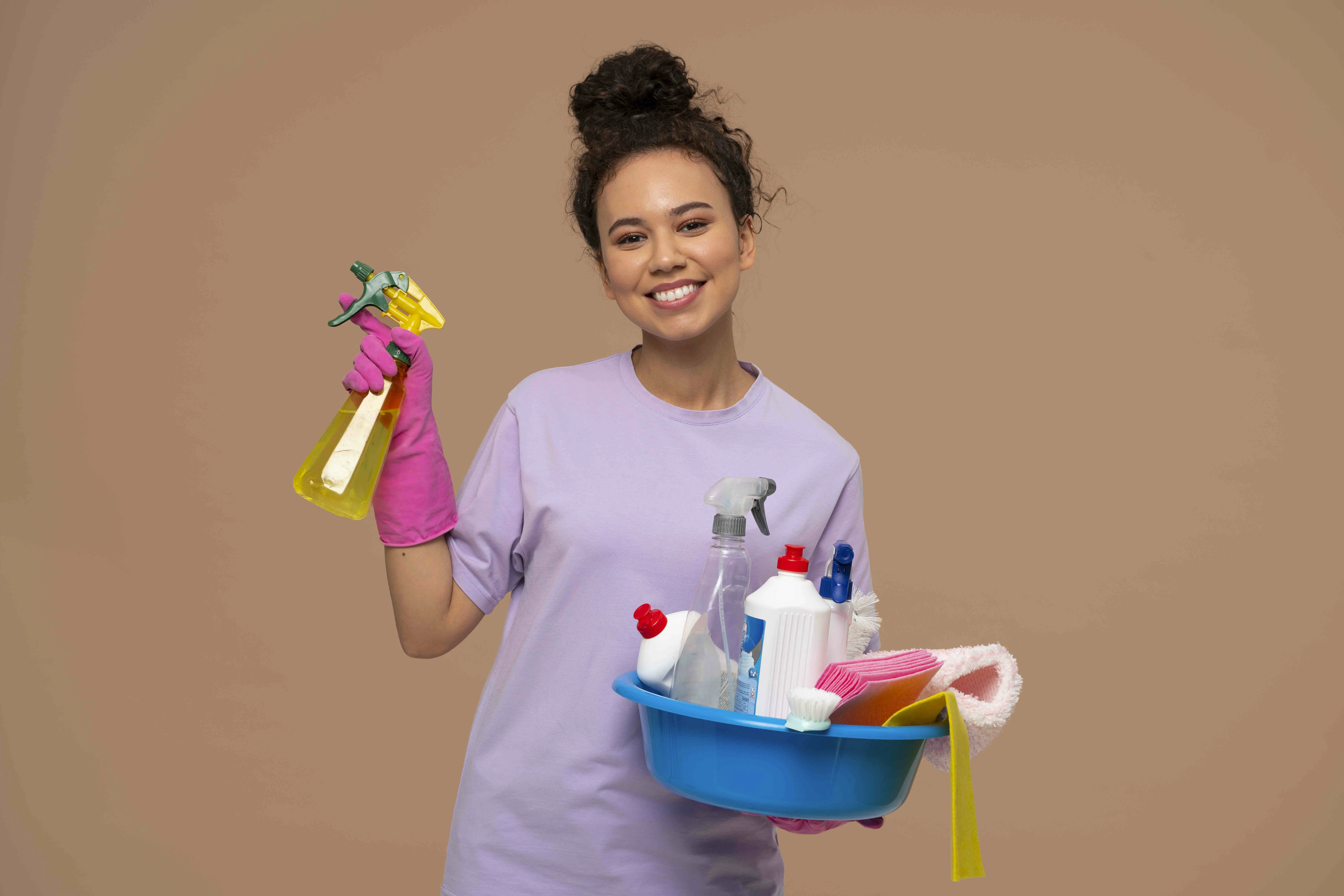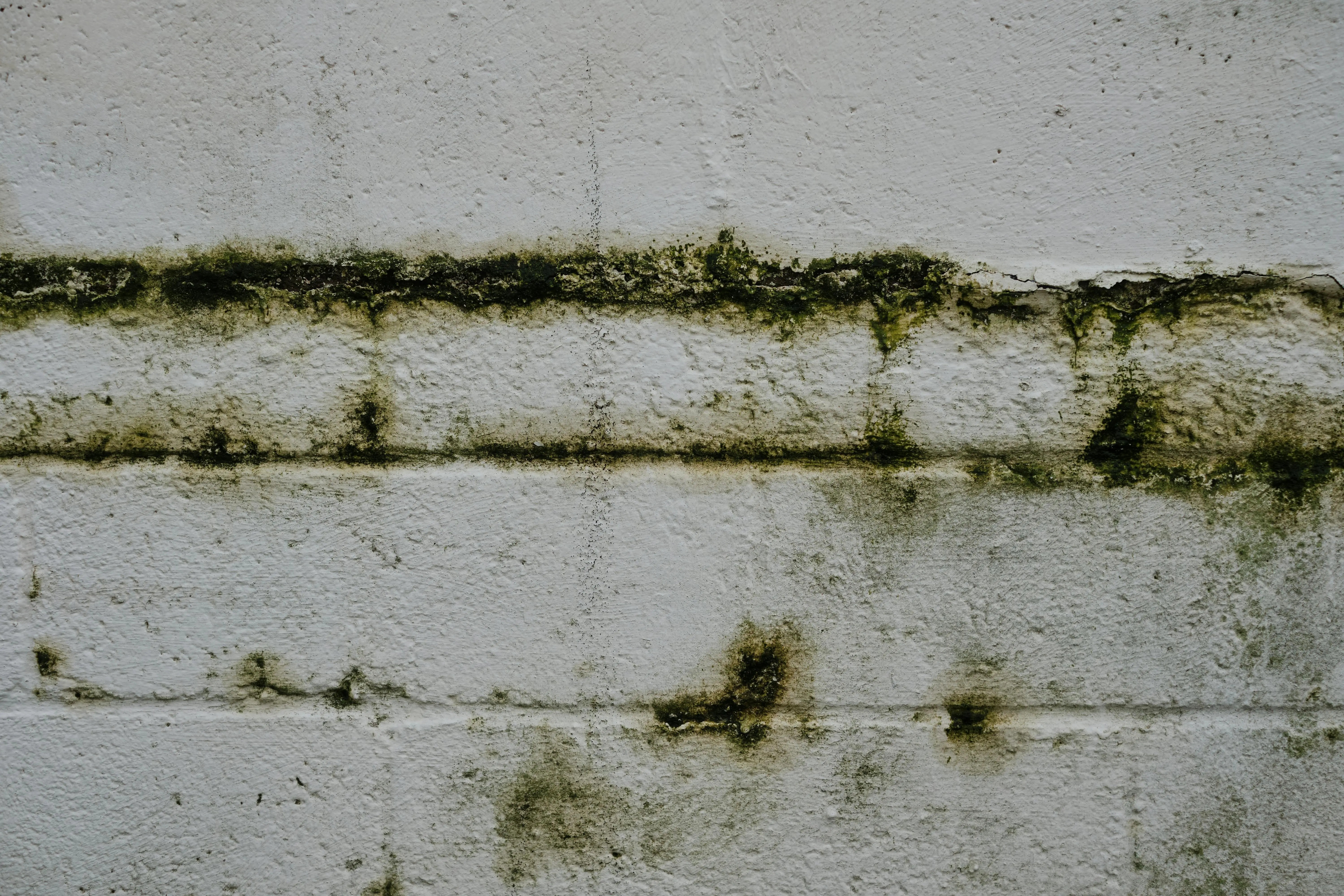Overcleaning vs Under-cleaning: How to Find the Perfect Cleaning Balance at Home
This blog post from Scrubishly explores the common pitfalls of overcleaning and under-cleaning, helping homeowners identify where their habits fall on the spectrum. It outlines the consequences of each extreme—such as damaged surfaces, health risks, and burnout—and offers practical advice on how to establish a balanced, low-stress cleaning routine. With daily, weekly, and monthly suggestions, the guide helps readers clean more effectively without overdoing it.
-cmpr.webp)
We all want a clean home—but how much cleaning is too much, and how little is not enough?
At Scrubishly, we’ve seen both ends of the spectrum:
Clients who wipe down their counters ten times a day and bleach their floors every morning, and others who haven’t dusted since last fall (no judgment, we promise).
Both extremes—overcleaning and under-cleaning—can lead to problems. That’s why finding a healthy cleaning rhythm is the key to a home that’s not just clean, but calm, comfortable, and easy to maintain.
In this post, we’ll help you figure out where your habits fall, the risks of both extremes, and how to land in that sweet spot where your home stays clean without cleaning taking over your life.
What Is Overcleaning?
Let’s start with the high-achievers.

Signs You Might Be Overcleaning:

- You disinfect surfaces multiple times a day—even if no one’s touched them
- You wash bedding, towels, or curtains more than once a week
- You constantly re-clean already clean areas “just in case”
- You use strong chemicals for every job
- You feel anxious if something looks slightly out of place
Why It Happens:
Over cleaning can be driven by good intentions—like wanting to protect your family from germs—or perfectionism. Sometimes, it’s fueled by anxiety or the pressure to keep a “picture-perfect” home 24/7 (thanks, Instagram).
What’s the Problem with Overcleaning?
While a clean home is great, over cleaning has its downsides:
1. Damage to Surfaces
Harsh chemicals used too often can break down sealants on wood, stone, and stainless steel. Scrubbing too hard can scratch delicate surfaces.
2. Wasting Time & Money
Excessive cleaning takes hours and burns through cleaning products faster, which adds up over time.
3. Irritated Skin or Breathing Issues
Too much exposure to bleach, disinfectants, and sprays can cause dry skin, respiratory irritation, and allergic reactions—especially in children and pets.
4. Unnecessary Stress
The constant feeling that your home “must be spotless” can lead to anxiety, burnout, and resentment. Cleaning should support your life—not consume it.
What Is Under-cleaning?
Now, let’s talk about the other side of the spectrum.
Signs You Might Be Under-cleaning:
- You clean only when guests are coming
- Dust, crumbs, or clutter linger for days (or weeks)
- You can’t remember the last time you mopped, vacuumed, or cleaned the fridge
- You avoid certain “gross” areas—like behind the toilet or under the couch
- You feel overwhelmed by the idea of cleaning
Why It Happens:
Under-cleaning is often caused by a busy lifestyle, lack of knowledge about cleaning routines, or simply being too overwhelmed to start. And hey, life gets busy—we totally understand.
What’s the Problem with Under-cleaning?
Neglecting basic cleaning tasks may not seem like a big deal at first, but over time it can lead to:
1. Health Hazards
Dust buildup, dirty air filters, and mold-prone bathrooms can trigger allergies and respiratory problems. Plus, neglected kitchens and bathrooms become breeding grounds for bacteria.
2. Pests
Leftover crumbs, dirty dishes, or garbage can attract ants, cockroaches, and mice.

3. Unpleasant Odors
Odors from trash, mildew, and forgotten spills can linger—and no, air freshener won’t fix it.
4. Bigger Cleanups Later
The longer you wait, the harder it becomes to clean. What could’ve been a quick wipe-down becomes a full-blown deep scrub.
So… How Do You Find the Right Balance?
Glad you asked! Finding your cleaning rhythm is about consistency—not perfection.
Create a Simple, Manageable Cleaning Routine

Daily Tasks:
- Wipe down kitchen counters and stovetop
- Wash dishes or load the dishwasher
- Quick floor sweep or vacuum in high-traffic areas
- Make the beds
Weekly Tasks:
- Clean bathrooms (toilet, sink, shower)
- Vacuum and mop all floors
- Take out trash and disinfect bins
- Dust furniture and electronics
- Wash bedding and towels
Monthly Tasks:
- Wipe baseboards, doors, and light switches
- Clean out fridge and pantry
- Vacuum under and behind furniture
- Organize closets and drawers
- Wash windows (interior)
Scrubishly Tip: Break weekly tasks across the days of the week so you never feel overwhelmed.
Use the Right Products, Not the Strongest
You don’t need industrial-grade disinfectant for your home. In fact, using strong chemicals too often can do more harm than good.
Stick to:
- pH-balanced cleaners for surfaces
- Microfiber cloths (they trap dust and bacteria naturally)
- Natural products like vinegar and baking soda for everyday messes
- Disinfect only high-touch areas weekly (unless someone is sick)
Ask for Help When You Need It
If your home has gotten away from you, or you’re just too busy to keep up, there’s no shame in calling in the pros.
At Scrubishly, we help busy families and working professionals keep their homes clean with:
- One-time deep cleans to reset your space
- Weekly, biweekly, or monthly maintenance cleans
- Move-in/move-out and seasonal packages
Sometimes a professional clean is the best way to reset your rhythm.
Know That “Clean Enough” Is a Real Thing
Your home doesn’t have to be perfect to be clean.
A little dust on the bookshelf or toys on the floor doesn’t mean you’re under-cleaning—it means you live in your home. And if you’re cleaning daily out of stress, it may be time to scale back.
Aim for balance, not extremes.
Final Thoughts: Cleaning Should Support Your Life, Not Control It
Whether you’re an overcleaner who can’t sit down until everything sparkles or someone who avoids cleaning until it’s unavoidable—there’s a better way.
Consistency, not obsession. Effort, not exhaustion.
That’s the Scrubishly way.
.webp)

